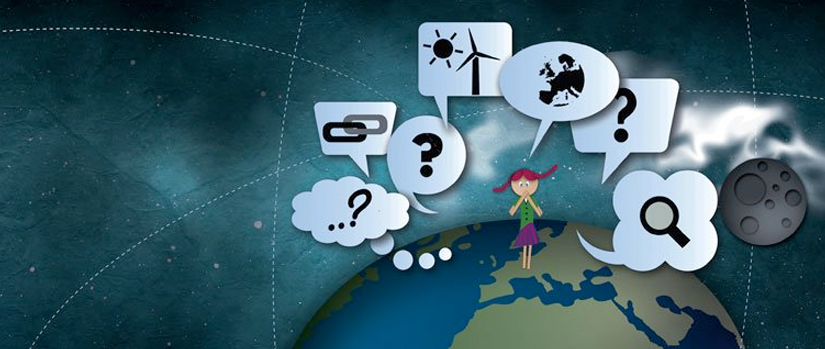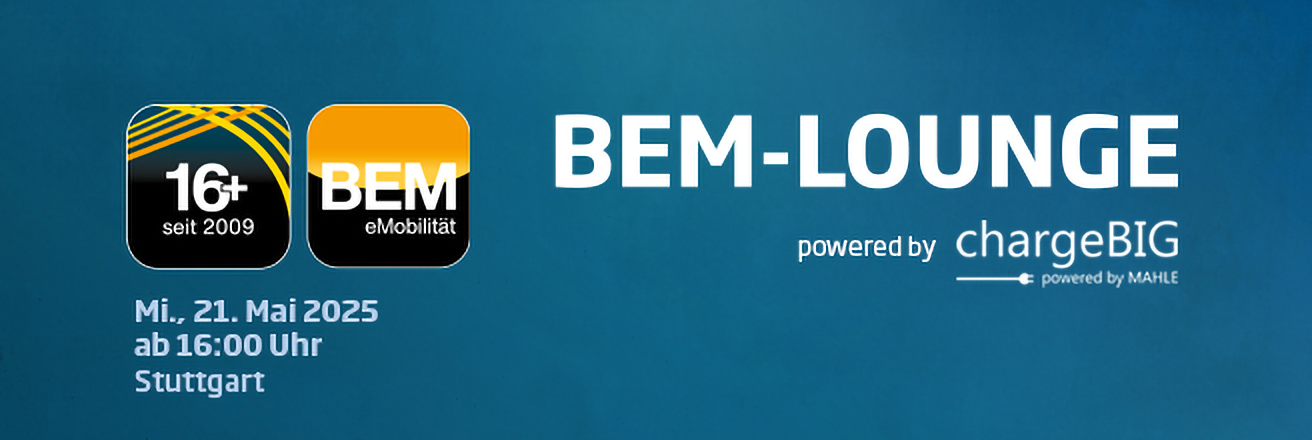
Why, why, why…?
Children’s questions. Children answer. Just a question of time. Because small children become big ones. On closer inspection, it is therefore the case that we first ask a lot of questions because we want to understand the world and know everything. Discovering the many little wonders in everyday life. Clouds, the tooth fairy, butterflies and the treasure on the rainbow. Who, how, what? Splash, splash and why is it spinning? A little later, between kindergarten and school, we are asked why it is so loud in the city and why these smelly mopeds are not banned…? And how the electricity comes out of the socket. And, of course, why we actually have to go to bed now. Well, because that’s the way it is. And that’s that.
And when we are older, we will be the ones with these clever answers. In this theoretical leap in time, we could also answer our own questions. And we could also deal with the questions that our children will ask us when they themselves have to quench their own offspring’s thirst for knowledge. There are more and more really difficult questions that are increasingly weighing on us with the responsibility of a globalised world and no longer allow for simple answers. Questions on topics such as hunger, war, exploitation, dualism, oppression and all the grievances in our world. Questions about our prosperity and how we can stand up for others who are not doing so well and if not, why?
We don’t have a suitable excuse. A mixture of embarrassed to annoyed looking away and helpless consternation without any recognisable consequences in our own actions would probably be a possible diagnosis if we were to be judged one day.
All these whys, the many questions and the sometimes catastrophic conditions can really drive you up the wall. However, not because we are unable to understand or explain a certain situation in terms of knowledge, but because there are so many situations and conditions that either completely defy logic or cannot be tolerated and accepted in any other way. Perhaps this is because we already know quite well that we are moving along a double standard that changes the boundaries of ethics and morality at will and adapts them to the needs of our society.
A meta-level that reveals a questioning quality that can no longer be answered satisfactorily, as it is based on the consequence of decisions not taken in the past and thus extends the dilemma to include questions of justification.
Why did you let this happen…? Why didn’t you do anything about it…? How could this happen…?
And then comes the moral cudgel, which we have to deal with more than ever: Even though. Even though you knew better. Even though you had the opportunities.
That is no longer a question. It’s an accusation disguised as a question. An accusation that simply does not want to understand why, against better knowledge and more sustainable technology, nuclear power is still being used, fossil resources are being wasted, the atmosphere is being polluted, low-emission drive concepts are not becoming established much more quickly and there is so much resistance to renewable energies. This list can be extended indefinitely and that is shameful. Especially for the elites of supposedly advanced civilisations. For us.
But how do we explain to our little ones, when they are older, why we did what we did, or why we didn’t do so much that we could have done? But we did a lot, we say. We invented ice cream and outdoor swimming pools, sandpits, bicycles, coloured pencils, organic food shops, vegetarians, jute bags, the deposit on cans and, yes, cars. But Dad, why do they stink so much?
Because, yes, because. What can you say when you’ve learnt more or less nothing and still do so much wrong? The best thing to say is: Basta. And off to bed.
In essence, it’s not about humanity, sustainability, intergenerational justice, climate and environmental protection or even the swift implementation of the energy and mobility transition. I have also never heard on a news channel that the Western world has decided to abolish hunger in the world. Rather, it is about preserving the traditional structures of a global financial capitalism that has long since ceased to be transparent, and therefore about the very elites that we have just been so ashamed of. It is possible that those who have the corresponding spheres of power and influence are actually primarily responsible here.
In the end, there is just one more W-question: And why have you allowed this extremely unsuitable system to continue for so long? And again, we will not be released from our responsibility.
Well. Eeny meeny moo and you’re out!
Editorial by Christian Heep, board member of the German Federal Association for eMobility and Editor-in-Chief of the magazine NEUE MOBILITÄT / issue 18 / September 2015






